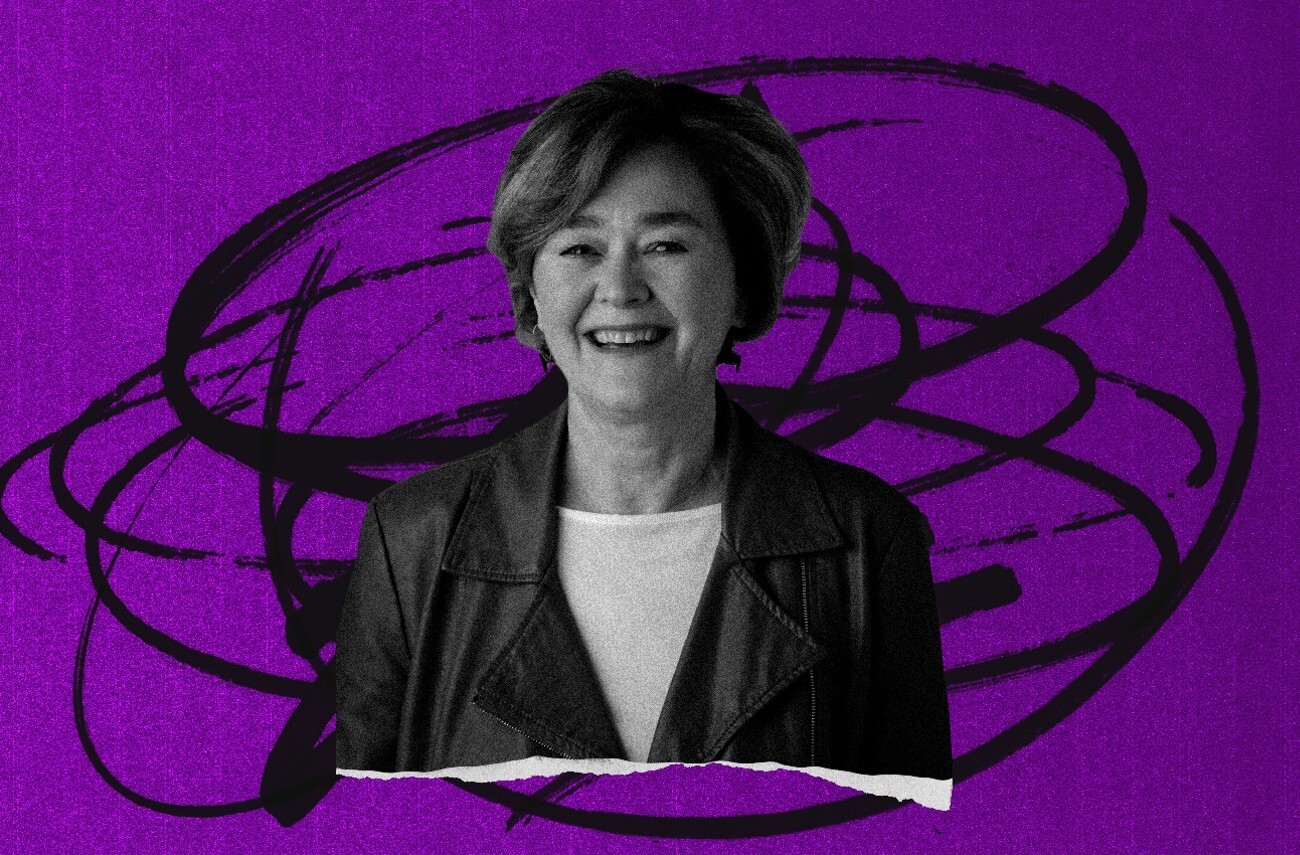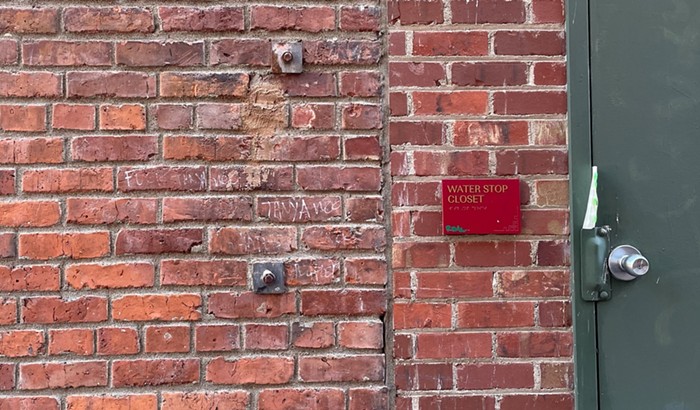In an apparent attempt to stifle concerns about her proposed prostitution loitering law, Seattle City Council Member Cathy Moore asked for revisions on Monday to an independent bill analysis from City Central Staff. Moore’s move denied the public critical information about the bill and threatened to undermine the legitimacy and objectivity of the central staff.
Central staff memos like this one are a tool to help council members and the public understand proposed bills and other legislative action. Central staff analysts prepare independently researched memos that describe the expected results of any bills, provide budgetary analysis, and discuss potential upsides and downsides to legislation. Central staff publish those memos as part of agenda packets ahead of council meetings, in order for the public and council members to have an informed conversation about potential bills.
On Friday, staff sent out their initial draft of a memo that examined Moore’s bill to reinstate the City’s prostitution loitering law, as well as to create a Stay Out of Area Prostitution (SOAP) zone that judges could impose on people arrested or convicted on prostitution related crimes. The 14-page report, authored by Central Staff Analyst Ann Gorman, laid out the basic facts of the bill, a brief history of the 2020 repeal of the loitering law, and relevant research into the efficacy and result of loitering laws and SOAP zones. The council’s Public Safety Committee scheduled a meeting on the bill for today.
However on Monday, Central Staff Director Ben Noble sent out an updated version of the analysis, along with a note that staff had revised the memo after “some additional input from Councilmember Moore,” according to an email from Noble obtained by The Stranger. In the new version of the memo, multiple sections that raised concerns about Moore’s bill were missing, and, unusually, Gorman’s name had also been removed and replaced with a general attribution to “Central Staff.” The new version appeared more favorable to Moore’s bill, as it removed two major concerns. (See a full comparison of the old and new memos here.)

The original memo pointed to a 2024 article from PubliCola in which a local defense attorney said that she “did not believe that she had ever had a “white, English-speaking client” charged for patronizing a prostitute. Gorman’s memo articulated concerns that the law could result in Seattle Police Department (SPD) officers arresting a disproportionate number of sex buyers that were people of color. The memo also included information from SPD that its human trafficking unit had in the past arrested white men in its anti-prostitution stings.
In the new memo, this section was removed.
The new memo also removed a section that examined claims from Moore, SPD, and the City Attorney’s Office (CAO), stating that they specifically want to use the new prostitution laws to target the people who buy sex, or traffic and exploit sex workers. The original memo points out that, because the bill includes language criminalizing sex workers, it may cause the workers to distrust police and the CAO. The memo theorized that “victims will not generally become more willing to be cooperating witnesses against their traffickers.”
The memo also pointed out that the bill included no additional funding for diversion services or emergency housing for people trying to leave the sex trade, and victims may doubt the council’s plans to actually fund those things, adding further mistrust of the council. Gorman’s concern, while not tied to any specific citation, echoes a critique voiced by many service providers who work with people exploited in the sex trade. The section encouraged the council to continue engaging with sex worker organizations as a means of building trust.
In the new memo, this section was also removed.
Noble’s email also included an updated version of central staff’s memo regarding the proposed Stay Out of Drug Area (SODA) zone, and the updated version mimicked some of the changes in the other central staff memo, including removal of a line about how the bills could both be seen as a missed opportunity to understand the root causes behind sex work and drug use. (See a full comparison of the old and new SODA memos here.)
Central staff analysts typically offer potential counter arguments and contrasting views in their reports to council, and Gorman's noodling with the idea that arresting a person might not be the best way to encourage them to cooperate with police appears entirely in line with a typical report from central staff. Removing this section, which undermined a key theory to Moore’s bill, appears to be an attempt to make the report more favorable to Moore’s argument for the law.
These reports are supposed to be nonpartisan to help the public and the Council better understand all the context around a proposed bill. Former City Council Member Lorena González called it fairly typical for central staff to ask council members for feedback on a central staff memo, especially regarding a controversial issue, and have members check for any incomplete or inaccurate information. However, González said it is not typical to ask for changes “for the purpose of creating a political outcome.” She added that, given the removal of the analyst’s name as well as the other information, central staff should show their reasonings for the changes.
Moore did not immediately respond to questions from The Stranger regarding whether and/or why she pressured central staff to remove the sections from the memo. Gorman and Noble also did not immediately respond to a request for comment.
Moore’s bill has faced significant criticism from more than two dozen organizations related to anti-violence, anti-human trafficking, LGBTQ+ advocacy, as well as from the American Civil Liberties Union (ACLU) of Washington. In fact, Shannon Perez-Darby, who helped found Accountable Communities Consortium, which works to address domestic and sexual violence in communities, and has worked to organize opposition to Moore’s bill, said that no gender-based violence organizations currently openly support the bill.




















